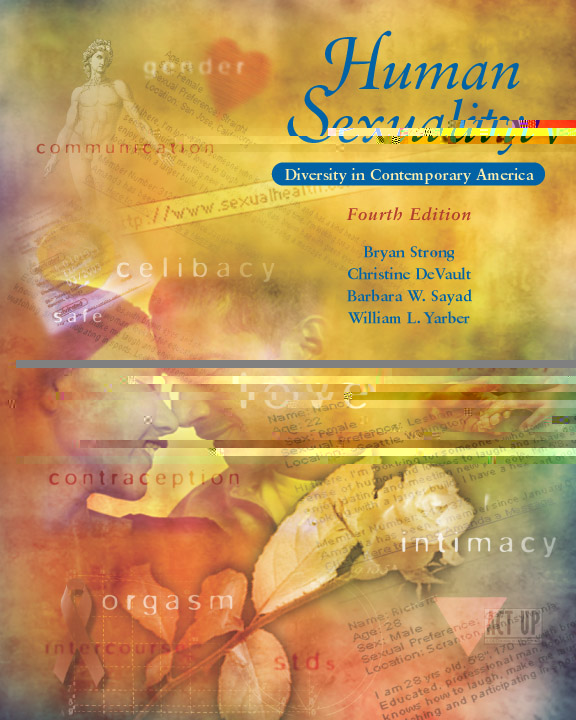

 Human Sexuality: Diversity in Contemporary America, 4/e The Sexual Body in Health and Illness Multiple Choice Quiz |
 2002 McGraw-Hill Higher Education
2002 McGraw-Hill Higher EducationAny use is subject to the Terms of Use and Privacy Policy.
McGraw-Hill Higher Education is one of the many fine businesses of The McGraw-Hill Companies.